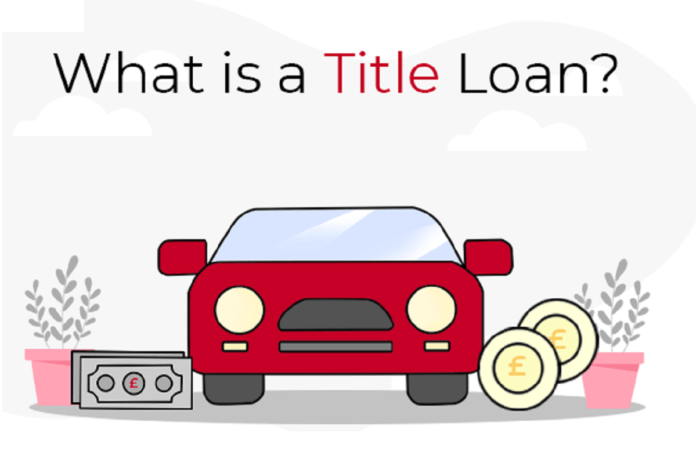Unexpected expenses can catch the best of us off guard. Having a quick source of money in an emergency to pay your bills can be handy. A title loan gives you access to amounts of cash ranging from $200-$5,000 when you’re in a difficult financial position.
A title loan is a secured, short-term loan. You can use your car, motorcycle, or truck as collateral. Here are 5 important things you need to know about these loans if you need fast cash:
1. You Need 100% Car Ownership or Substantial Car Equity
You must have 100% ownership of your car or have significant equity in your car to qualify for a title loan. Having 100% car ownership means that your car’s equity equals its market value. Your equity will be equal to your car’s current market value minus your loan balance if you owe money on your car. For example, if your car is worth $30,000 and you owe $10,000 on it, you have $20,000 worth of equity. Most title lenders will give you a loan worth 25% to 50% of your car’s equity.
Read Also: Can Life Insurance be Considered a Business Expense?
2. Lenders Don’t Consider Your Credit Rating
Title lenders only consider your vehicle’s value and your ability to repay when determining how much to lend you. Most title lenders won’t run a credit check on you, which preserves your credit score. A credit check or hard inquiry knocks at most 5 points off your credit score. However, title lenders do not report your loan payments to the credit bureau. You cannot improve your credit score by making consistent payments.
3. A Title Loan Is a Short-term Loan
Title loans mature within 15 to 30 days. You need to have a proper payment plan in place before agreeing to a loan. Some lenders offer flexible payment plans where you can roll over or extend your loan for as long as you need. But rolling over your loan can attract rollover fees, finance charges, or a higher interest rate. Ask your creditors about their loan extension terms before you take a loan.
4. Lenders Can Approve Your Loan in 30 minutes
You can get a loan in 30 minutes if you meet all the title lender’s requirements. Some of the requirements include:
- Being at least 18 years old
- Having a photo ID
- Having a valid driver’s license
- Presenting your vehicle plus a lien-free title
- Presenting proof of insurance
- Surrendering a duplicate set of your car keys
5) You’ll Pay Interest Plus Applicable Fees
Title lenders charge an average of 200-300% Annual Percentage Rate (APR) for loans. The interest is high, but much lower compared to payday loans which can charge at least 400% APR.
Use APR to compare the cost of borrowing from different lenders. The APR depends on the amount you borrow, the monthly finance charge, applicable fees, and the loan duration. Lenders may charge different types of fees including document fees, processing fees, and late payment fees.
The lender will return your car title once you repay the entire loan amount plus the interest and applicable fees. To avoid extra fees and interest, you should have a plan in place for how to repay the loan as quickly as possible.
Understand the Loan Agreement to Avoid Surprise Costs
Title loans are a great way to access money when you are in need of financial assistance. Be aware that hidden costs can skyrocket your loan costs. A trustworthy lender should communicate all your loan costs to you in writing before you sign the agreement. Cost details should include the finance charge and the APR. Remember that title loans are often due within 30 days. Prepare a proper payment plan in advance to avoid expensive rollovers.





































